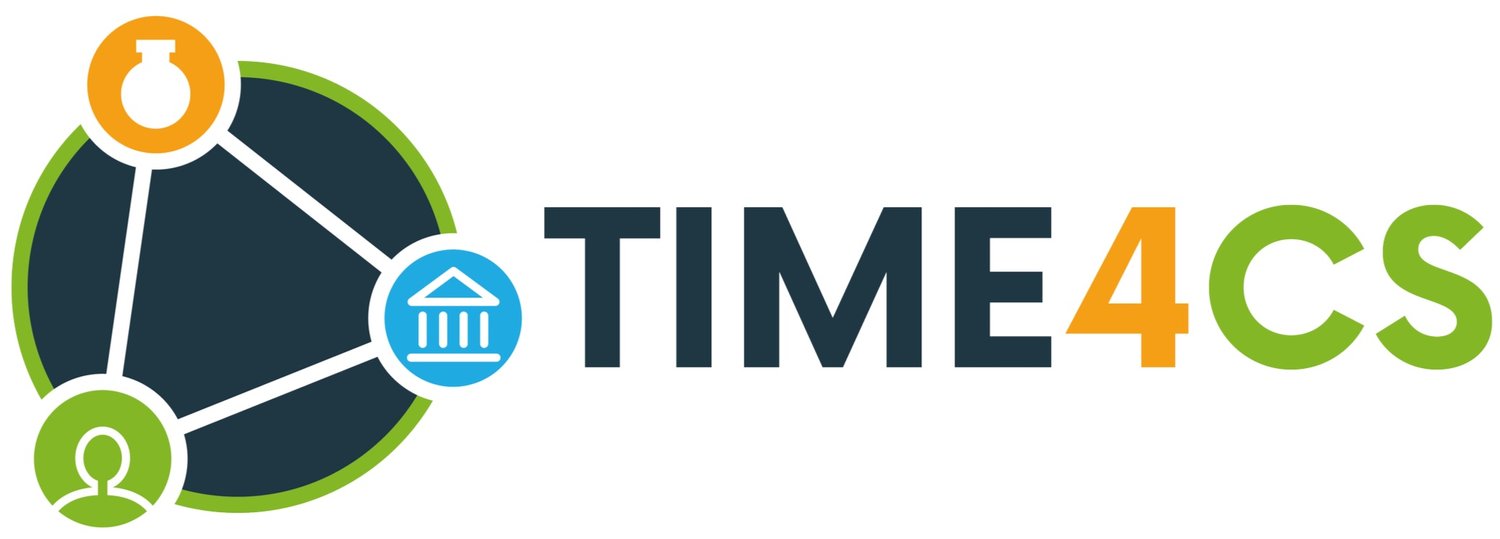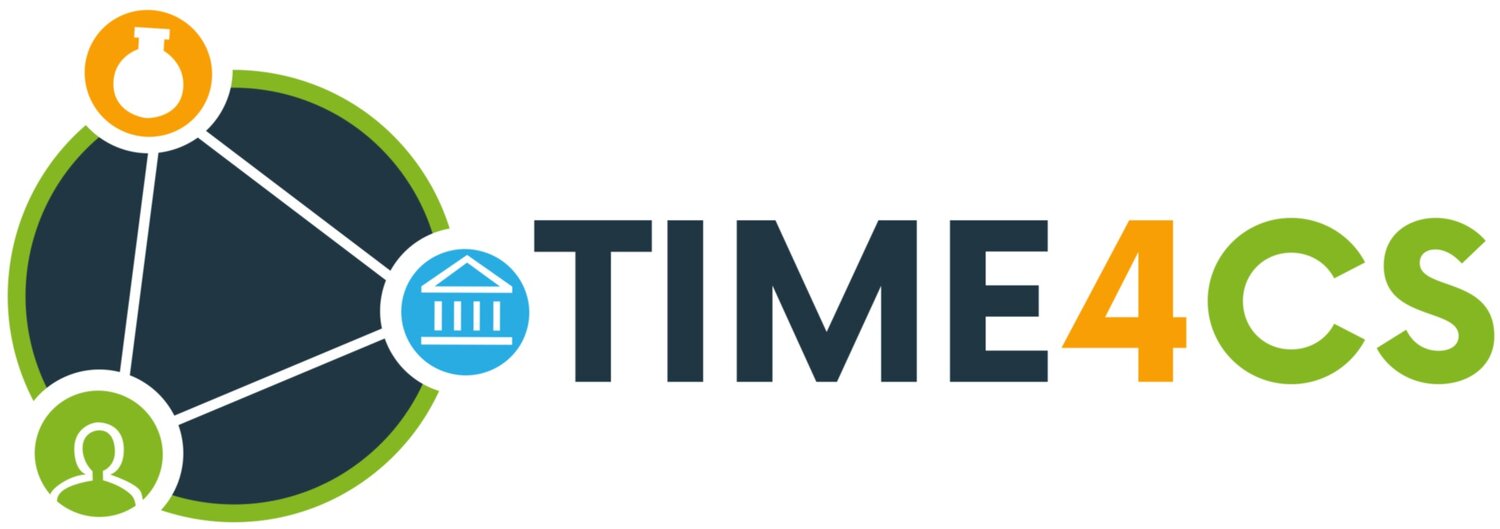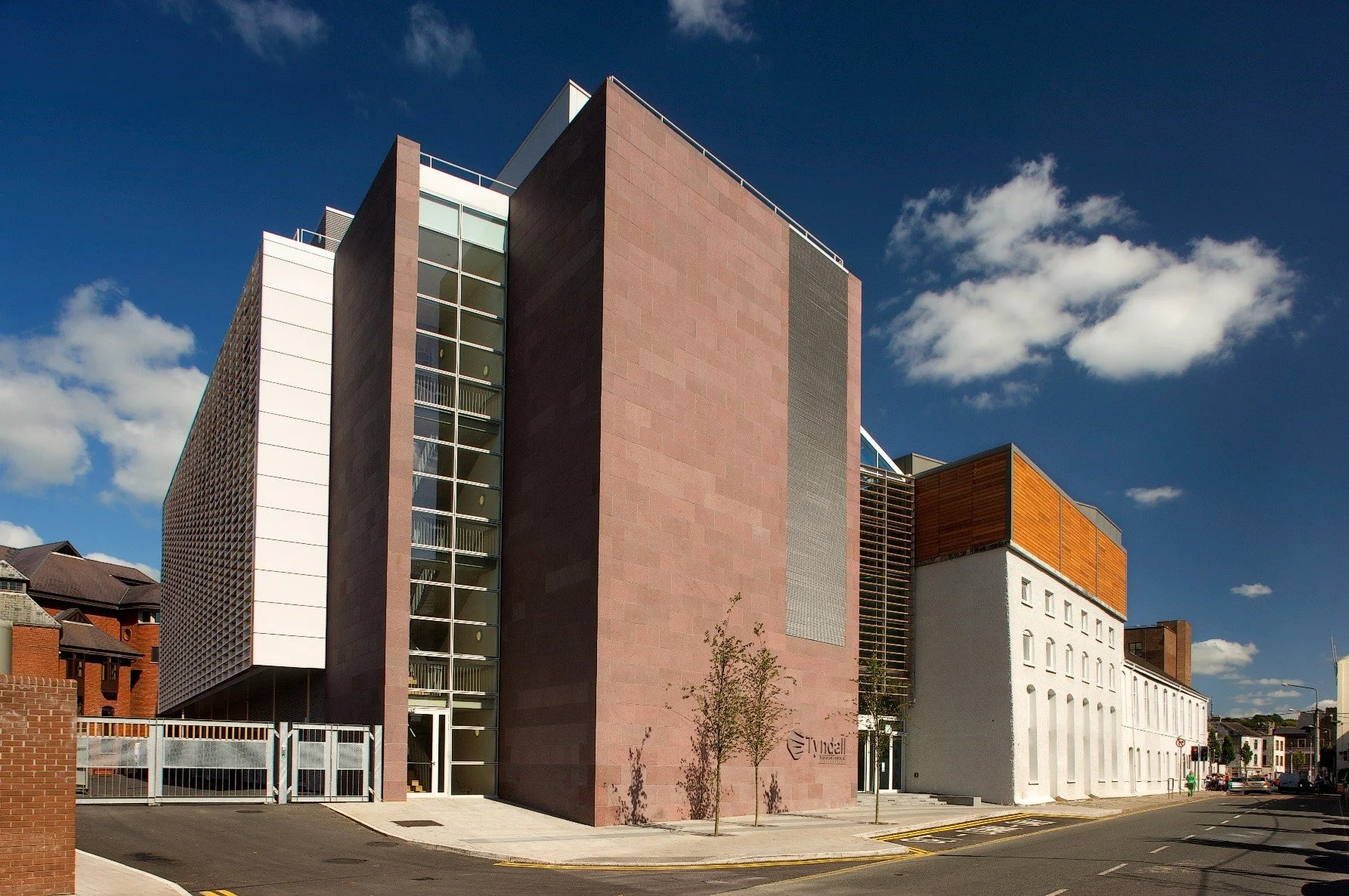Sustainable institutional change in action: An Implementer's perspective - Tyndall
Tyndall is a leading European research centre in integrated ICT (Information and Communications Technology) materials, devices and systems. It is one of Ireland’s five National Labs, specialising in both electronics and photonics. Tyndall works with industry and academia to transform research into products in its core market areas of electronics, communications, energy, health, agri-tech & the environment. A research flagship of University College Cork, Tyndall is home to a research community of 600 people of 52 nationalities.
Science, technology and research have critical value in addressing the economic, social and environmental problems that we see facing the world today. This needs the support of an engaged public which appreciates the importance of science, encourages young people (our future leaders), to take science, technology, engineering and maths (STEM) subjects, and has the appropriate level of engagement with, and influence upon, the researchers.
While our researchers at Tyndall have limited experience in Citizen Science based projects & research, they are involved with Education and Public Engagement (EPE) initiatives and activities. We support a vibrant Education and Public Engagement programme to show students & the public the diverse opportunities across physics, electronics, photonics, materials and chemistry. We visit schools, participate in festivals and public events, host undergraduate summer internship programmes and run Transition year work experience programmes.
Increasingly, there is an awareness for the necessity to co-design and co-develop research, in line with the needs of end-users and the wider society. This aspect is still not widely taken into consideration during the initial phases of research project design/writing nor after, during project execution. However, all funding agencies now require grant holders to engage with end users/taxpayers. This is done mainly through science communication initiatives and Education & Public Education (EPE) activities which aim to raise awareness of the research and project among the wider public and with school students. These forms of EPE are moving from “traditional” passive activities (one-way communication) to more interactive experiences (2-way communication), whereby demos, videos or interactive activities are developed allowing the audience to actively participate and understand the technology, as well as being involved in the co-design of these initiatives.
While there are examples of Citizen Science projects in the wider University College Cork community, there is an opportunity to build upon this and to implement Citizen Science practices institutionally in the Tyndall context. By doing so, it is hoped that this will encourage the co-design and co-development of citizen science research projects beyond the duration of the Time4CS project.
The main barriers at the moment are associated with lack of funding and lack of training at all levels (from undergraduate to experienced senior academics) to implement Citizen Science into projects and project proposals. Training in understanding the concepts of Citizen science should help us to better understand how Tyndall can tailor their research in order to actively involve citizens and produce more citizen science projects. In order to address these needs/limitations Tyndall has decided to focus on the following grounding actions:
Development of a postgraduate module on Citizen Science(CS) for Science, Engineering and Food Science (SEFS) students (Education & Awareness)
Implementation of training for researchers (Education & Awareness)
Raising funding awareness in order to stimulate i) the uptake of CS-based projects, ii) the incorporation of CS aspects into research projects (Research, Support Resources & Infrastructure)
Development of an engaged research strategy (Policy & Assessment)
Given the limited experience we have, as an institution, in citizen science activities the focus on the ’Education and Awareness’ grounding actions will be of particular strategic importance for us. By providing institutional change to support Citizen Science activities, this will hopefully create a future workforce (at academic and private levels) more open to include Citizen Science into research projects.
If you are interested in introducing citizen science into your own organisations, but don’t know where to start, why not reach out to the Time4CS team at time4cs@crowdhelix.com or time4cs@apre.it
Author: Alida Zauers (T-UCC)


